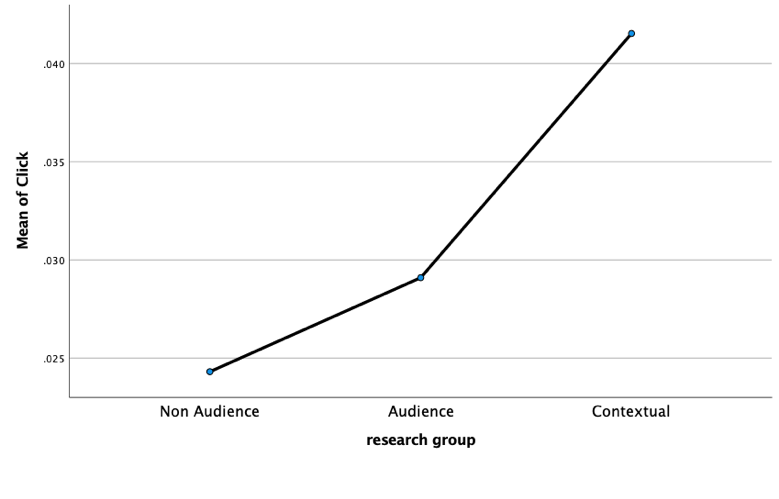My name is Max Huisman and I did my internship at DPG media which is the largest print and online media company of the Netherlands. I did my internship at the campaign operations department which is responsible for the online advertising of the companies that fall under DPG media like NU.nl or AD. For my internship blog it would not be interesting for me to tell about a typical day at work at DPG media because it mainly consisted of me sitting behind a desk on my laptop either at home or in office. Although that might sound very boring I quite frankly enjoyed my work at DPG and especially the research I got to do at DPG. Therefore, I would like to enlighten you more about my research at DPG.
In about a year, online marketing is going to change drastically because of Google. Nowadays a lot of online marketeers utilize the third-party cookie system of Google. This system gathers a lot of personal information of users to create a certain profile based on their online behavior. This profile can be utilized by online marketeers to target their advertisements to certain groups which is often referred to as behavioral targeting. The utilization of this system in online advertising has been proven to be very effective and is therefore employed by almost every online marketeer. However, because there are a lot of privacy concerns regarding the third-party cookie system Google has received a lot of backlash over the years and thus decided to get rid of the system and make the use of it no longer available for online marketeers which will probably be finalized late 2023. DPG media is a huge online marketeer in the Netherlands and therefore they also need to adapt to this change in the future.
I found it interesting to investigate how this landscape of online advertising is likely to change and thus for my research I focused on possible alternatives for using the third-party cookie system. One of these alternatives is contextual targetingwhich entails that advertisements are visible around media content which possesses of certain keywords that correspond with the content of the advertisement. Basically, this way marketeers don’t target their audience but certain content that might reflect a personal interest and corresponds with the product or service that is being advertised. Because this way of targeting is way more privacy friendly than behavioural targeting it was interesting to test whether it would also be as effective or more effective than behavioural targeting.
My research showed that contextual targeting was the most effective way of targeting in comparison to behavioural targeting and a control group which did not have any targeting. This is a very promising result because it is an example that there are effective alternatives for behavioural targeting. I shared my insights with the campaign operations and management department and people that focus on targeting strategies within DPG Media. I hope that my insights are in some way incorporated in their adaptation to the removal of Google’s personalization system.



